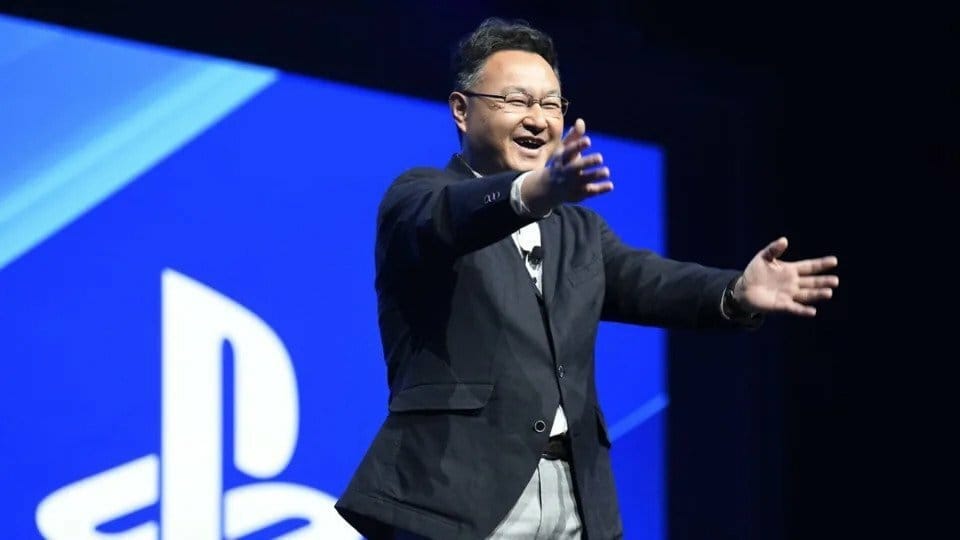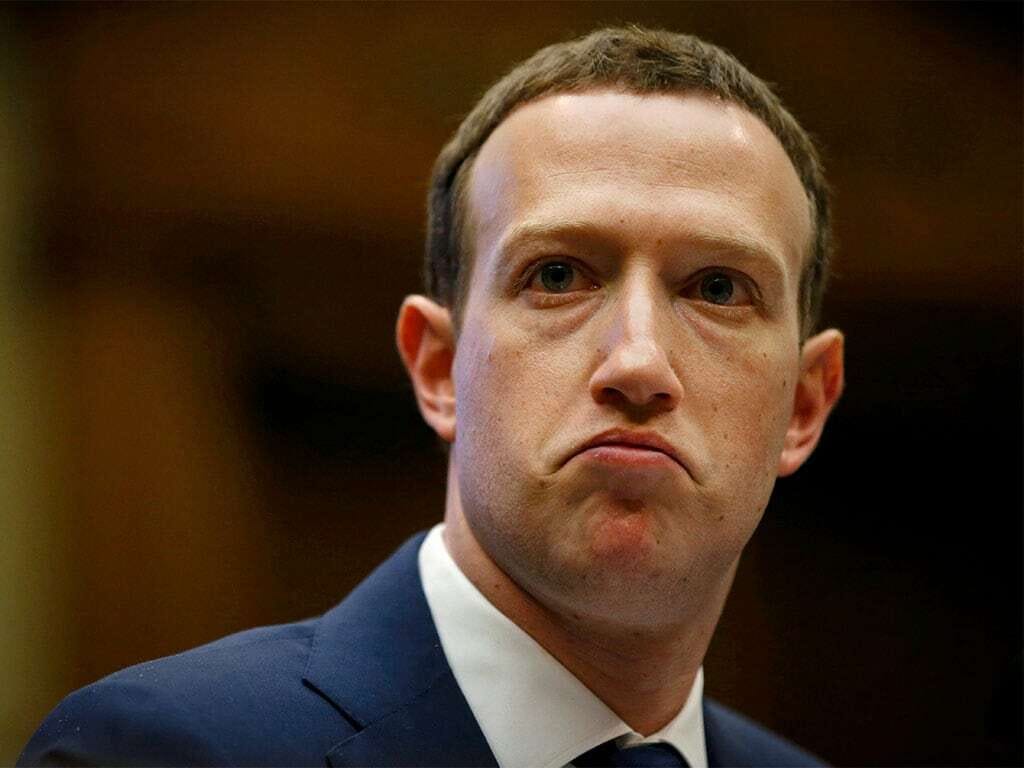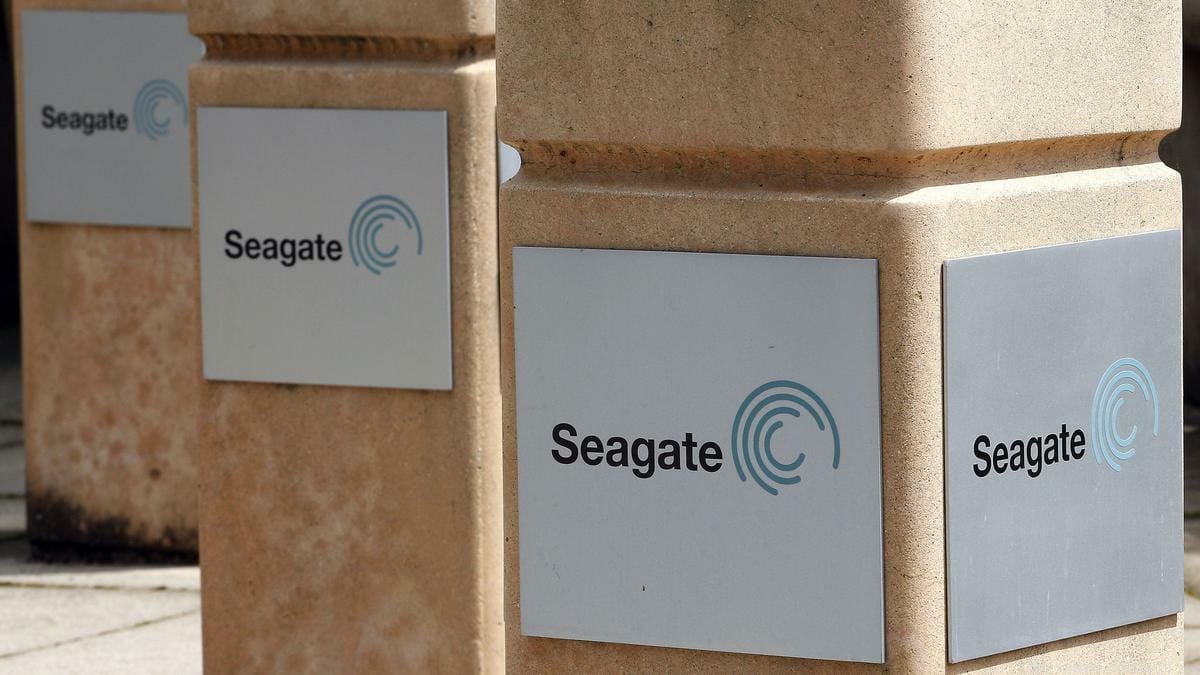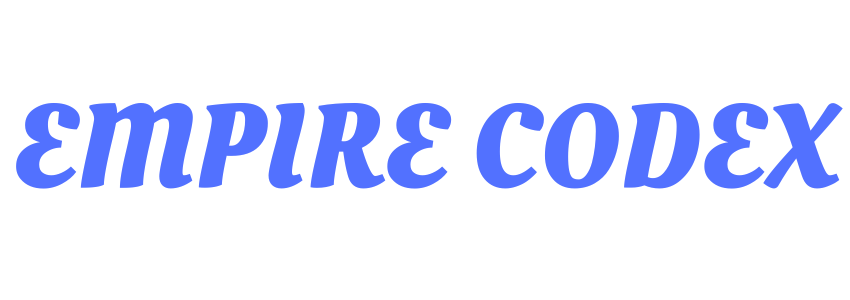Here’s what we have for you today:
• Future games
• Wary Meta
• See gate
PlayStation Hall of Famer Shuhei Yoshida

The underdog: During 1993, Shuhei Yoshida joined Sony’s nascent PlayStation division as a business development person (the first member of the team who didn’t have an engineering background).
Recently: Shuhei received the Bafta’s fellowship award for his contribution to video games.
Previously: He was the president of Sony’s game studios from 2008 to 2019, and has helped hundreds of developers get their games on to PlayStation.
Weighing the talents: Shuhei describes video games as a medium that takes every technological advancement and makes it fun. “The games industry will never cease to be a fun place,” he said. But he is resolute that just like in the 1990s, it’s the talent, not the technology or the business model, that defines its future.
Meta’s relationship with crime agencies

Safety review: The FBI, Interpol and Britain’s National Crime Agency (NCA) have condemned Meta’s plans to encrypt direct messages on Facebook Messenger and Instagram, saying that doing so will weaken the ability to keep users that are children safe.
Additionally: The Virtual Global Taskforce (VGT) has spoken out, it says, owing to the “impending design choices” by Meta, which it says could cause serious harm.
Meta’s response: A Meta spokesperson states “The overwhelming majority of Brits already rely on apps that use encryption. We don’t think people want us reading their private messages, so have developed safety measures that prevent, detect and allow us to take action against this heinous abuse, while maintaining online privacy and security.”
“As we continue to roll out our end-to-end encryption plans, we remain committed to working with law enforcement and child safety experts to ensure that our platforms are safe for young people.”
Meta’s agenda: Plans to encrypt all messages on Meta’s platforms were first revealed in 2019, when the company was still called Facebook. In April 2021, the company announced the integration would not happen until 2022 at the earliest, before pushing the deadline back to 2023 in November 2021.
Seagate feeling the heat

The settlement: Seagate Technology agreed to pay a $300 million penalty in a settlement with US authorities for shipping over $1.1bn worth of hard-disk drives to Huawei in violation of US export laws.
Apparently: Seagate shipped 7.4 million drives to Huawei for about a year after the 2020 rule took effect and became Huawei’s sole supplier of hard drives, according to the US commerce department.
Although: Seagate’s position was that its foreign-made drives were not subject to US export control regulations, essentially because they were not the direct product of US equipment.
Become Our Royal Supporter!

Dear readers: We are grateful for having you as our reader, and do hope you will continue to enjoy our content as we try to bring the best foot forward.
What we do: Serving our readers with quality news on what’s happening economically.
